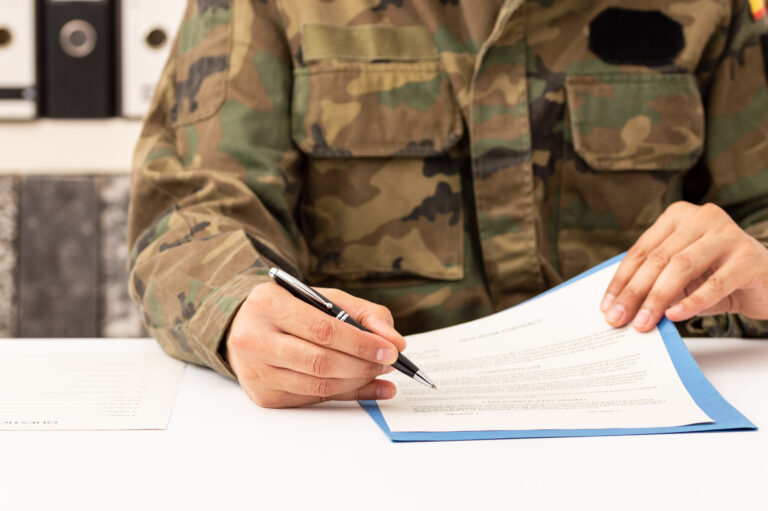DoD CAC for Dependents
DoD CAC for Dependents
Common Access Cards (CAC) are standard identification for members of the Department of Defense (DoD). These cards serve as the primary method for accessing secure DoD sites and information systems. They also provide authentication for military benefits.
Understanding CAC
The CAC acts as a multi-purpose identification card. It includes a photograph, barcode, and a chip containing encrypted data. It’s used by military personnel and DoD employees. Dependents, however, might have different ID cards with more limited access.
Dependents and Their IDs
Dependents of military personnel cannot get a standard CAC. Instead, they receive Uniformed Services ID cards. These cards grant access to various services and facilities. They do not provide the same level of computer access as CACs.
ID cards for dependents serve important purposes. They confirm eligibility for medical care, exchange access, and other benefits. Dependents include spouses, children, and other authorized family members.
Applying for a Dependent ID Card
Dependents can obtain ID cards at Real-Time Automated Personnel Identification System (RAPIDS) offices. Sponsors must be present for the initial issue. Required documents include proof of identity, relationship, and eligibility. These documents vary depending on the dependent’s status.
- Spouses: Marriage certificate, present ID of sponsor.
- Children: Birth certificate, adoption papers, or proof of dependency.
- Other family members: Dependency status documentation.
Renewing Dependent ID Cards
Renewing a dependent ID card is relatively straightforward. Requirements are similar to the initial application. It involves presenting the expired card, continued proof of eligibility, and a new photograph.
Dependents should keep track of the expiration date. Expired cards can affect access to services and benefits. Schedule renewal appointments ahead of time to avoid disruptions.
Benefits of Dependent ID Cards
Dependent ID cards offer multiple benefits. They ensure eligibility for medical care through programs like TRICARE. They allow access to commissaries, exchanges, and various on-base amenities. These cards also offer access to recreational facilities and certain discount programs.
Using Dependent ID Cards
Dependents should always carry their ID cards. They’re needed for entry to many DoD installations and services. Cards should be kept secure to prevent loss or theft. Report lost or stolen cards immediately to the nearest RAPIDS office.
Updating Information
Any changes in status or information should be updated on the ID card. This includes changes due to marriage, divorce, or age milestones for children. Keeping information current is crucial for maintaining access to benefits.
Access Restrictions
While CACs allow greater access to secure networks, dependent ID cards have limited capabilities. Dependents don’t access classified information or secure DoD computers with their ID cards. Their card functions are tailored to accessing personal benefits and facilities.
Eligibility Verification
ID cards also serve as tools for verifying eligibility at various checkpoints. This includes entry to medical facilities, commissaries, and other service points. Dependents might be asked to show their card at these points to confirm their status and rights.
Important Considerations
The processing of dependent ID cards can vary. Factors include the RAPIDS office workload, the completeness of submitted documentation, and the specific needs of the dependent. Plan visits accordingly to ensure timely receipt of cards.
Ultimately, dependent ID cards are vital for accessing a range of benefits. They support dependents in their association with the military community. Learning the processes for obtaining and maintaining these cards is important for dependents.






